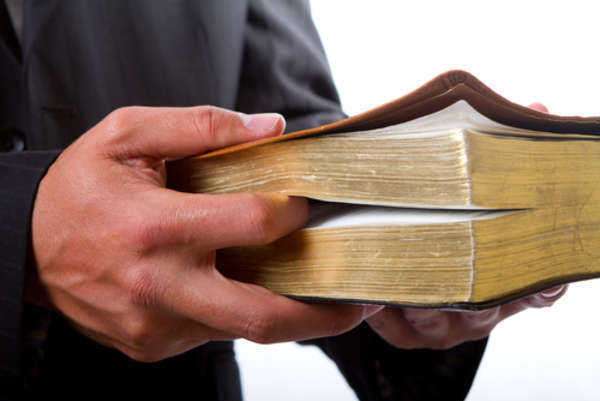Understanding School Prayer
Noting the religious fervor under which our very country was founded, it would be virtual insanity to insist that religion has not had a significant impact on American history. The importance of faith in the United States is evident just from looking at the First Amendment.
While new challenges to school policies on school prayer are bound to occur, the Supreme Court addressed this issue in Engel v. Vitale in 1962. In that case, the Court heard and ruled on the legal circumstances surrounding a public school's choice to institute a morning prayer that swears allegiance to "Almighty God," which some families professed violated their beliefs as well as the First Amendment itself. A majority of the Court agreed, finding that prayer in school led by school officials that promotes any religion or family of religions (e.g. Christianity) violates the Establishment Clause, and therefore, is unconstitutional.
It must be noted that this does not imply school prayer led by students should be permitted on all counts. Such an assertion would be far from the truth. The issue of prayer in school was revisited by the Supreme Court in 2000 in hearing Santa Fe Independent School Dist. v. Doe, in which the first complaints were lobbied against a school district for permitting students to speak before those in attendance at school football games in the form of prayers.

Unlike hearing a prayer in the classroom, which is unavoidable since attendance is compulsory, attendance at the football games was voluntary, a fact not lost on the defense. Nonetheless, the majority decided that having these prayers read over the school's PA system was a violation of the Establishment Clause. Thus, the leading of sectarian school prayer in a promotional, non-educational context is permissible for neither adults nor children.
Still, those supportive of prayer in school have pressed for reversal of these policies, even suggesting that a separate Constitutional Amendment be drafted to allow for individuals and groups to publicly pray in non-sectarian schools. While suggesting that participation in school prayer would still be voluntary under the new Amendment, liberal-leaning individuals and civil liberties organizations like the ACLU have vehemently objected to enacting such a law, insisting it runs contrary to the very freedoms that make the First Amendment and relevant clauses so vital.
To date, no Amendment has been passed specifically on prayer in school, but if it were to happen, it could have serious implications for the notion of the separation of church and State in American society.